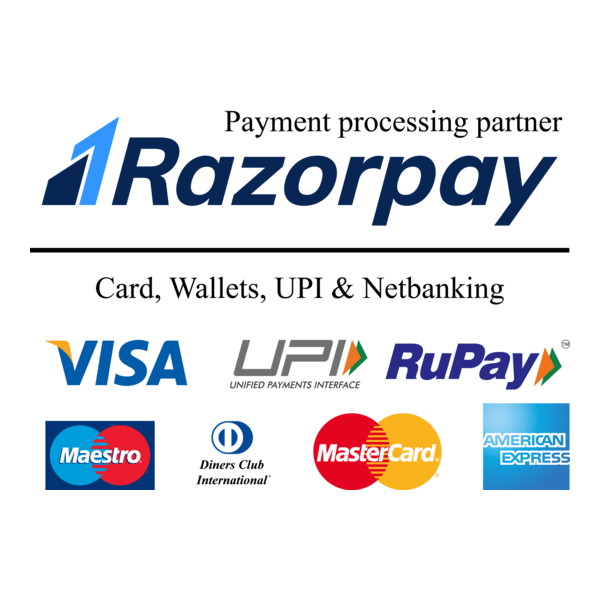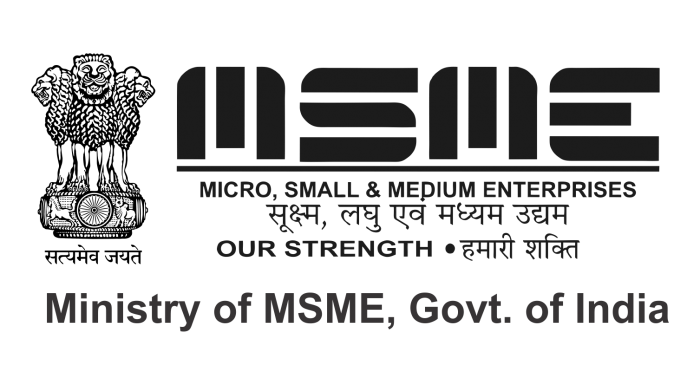
What is search engine optimization?
Search Engine Optimization (SEO) is the process of improving a website’s visibility on search engines like Google to attract more organic (non-paid) traffic. It involves optimizing content, using relevant keywords, improving website structure, and earning backlinks from other reputable sites. SEO also includes technical aspects like page speed, mobile-friendliness, and secure connections (HTTPS). The goal is to rank higher in search engine results pages (SERPs) so users can easily find the website when searching for related topics. Effective SEO increases website traffic, enhances user experience, and boosts credibility, ultimately helping businesses grow their online presence and reach their target audience.
How PPC Works:
SEO works by optimizing various elements of your website and online presence to improve your rankings in search engine results pages (SERPs). Here’s a breakdown of how it works:
Crawling and Indexing: Search engines like Google use bots (called crawlers) to explore and index websites. These bots analyze pages, looking for content, keywords, and structure.
Keyword Research: SEO starts with finding relevant keywords that users are searching for. These are the terms you want your website to rank for.
On-Page Optimization: You optimize individual pages on your site by including the right keywords in titles, headers, meta descriptions, URLs, and content. Good, informative, and user-friendly content is crucial.
Off-Page Optimization: Building backlinks from other reputable websites signals to search engines that your site is trustworthy and authoritative.
Technical SEO: Ensuring your website is technically sound is vital. This includes improving site speed, mobile responsiveness, having secure HTTPS connections, and making sure search engines can crawl and index your site properly.
User Experience (UX): SEO also focuses on providing a great user experience, including easy navigation, fast load times, and relevant content. Google, for example, rewards websites that keep users happy.
Rank and Monitor: Once optimized, search engines rank your pages. Regularly monitoring your rankings and website performance helps identify areas for improvement.
By combining these strategies, SEO helps your site rank higher in search results, increasing visibility and driving more organic traffic.




